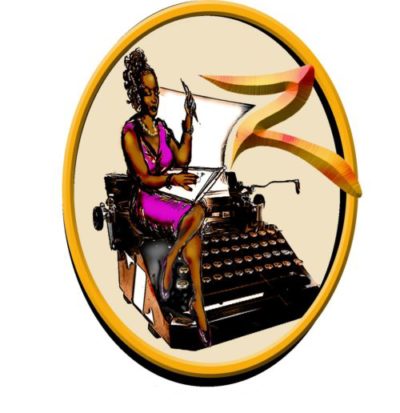
By, Zakeia Tyson-Cross
Most of my relatives born before the Baby Boomer Generation (1946-1964) treated respect as a covenant. Their everyday lives consisted of calculated moves necessitated by the racial adversity passed down from their slave-born ancestors.
Economic and technological advances led to the generation’s growth in prosperity, intellect and a greater means for self-efficiency. The notion of respect took on a more independent shape among Generations X, Y and Z, who no longer sought permission to be themselves. Popular culture reflected this newfound freedom in songs like Aretha Franklin’s 1967 song, “R.E.S.P.E.C.T.” and Bobby Brown’s 1988 “My Prerogative.” With that sense of independence came an unwillingness to engage in thoughtful discussion with elders.
The very thin and sensitive line of generational may be attributable to the differences in the upbringing of Black Americans in the early part of the 20th century in comparison with today. I interviewed my great aunt, Dorothy Stamps — affectionately known as “Aunt Dottie” — to seek her perspective on those distinctions.
ZTC: How was respect shown between the generations 60 years ago?
Dottie: I was born in 1929, and during that time the only conditions we knew were harsh, it was unheard of for my family to show me and my siblings any kind of warmth or tenderness. We got our sense of worth and dignity from our parents, they wanted the best for us but wasn’t sure how to display it. My father use to escort us to tea parties which he insisted in doing. I think that was his way of showing us value, honor, respect and love. My mother had to clean floors on her hands and knees and would come home in excruciating pain with bloody knees that would later become permanently scarred. My father never allowed us to get on our knees to clean a floor, he showed us a better way. He wanted us to feel more precious.
ZTC: Do you think the younger generation is frequently reaching out to the older generations for guidance and mentorship?
Dottie: No, I don’t think so. There’s a lack of reaching out on both sides. When I was a part of the Nation of Islam my mother disapproved strongly, but she never judged me or tried to sway me to see it her way. She respected my values and my religious position at that time of my life, and I’ve been able to model and teach my children the same.
ZTC: What is your hope for the current generation?
Dottie: My hope for the current generations is to not become extinct, due to our unwillingness to connect, guide and be present with one another.
Much of our conversation focused on the importance of communication. The divide of generations within the Afro-American community may have derived from our abysmally painful past within Western History. Perhaps our conversations should focus on healing and understanding to bridge the gap. In the wake of the Michael Brown and Eric Garner grand jury decisions, the younger generation must connect with their elders to learn the sad truths of our country’s legacy of racially motivated violence.
The older generation can shape the way in which young people perceive themselves and their peers and empower them to bring about the positive change that we all want to see.
Original Site: BK Nation

